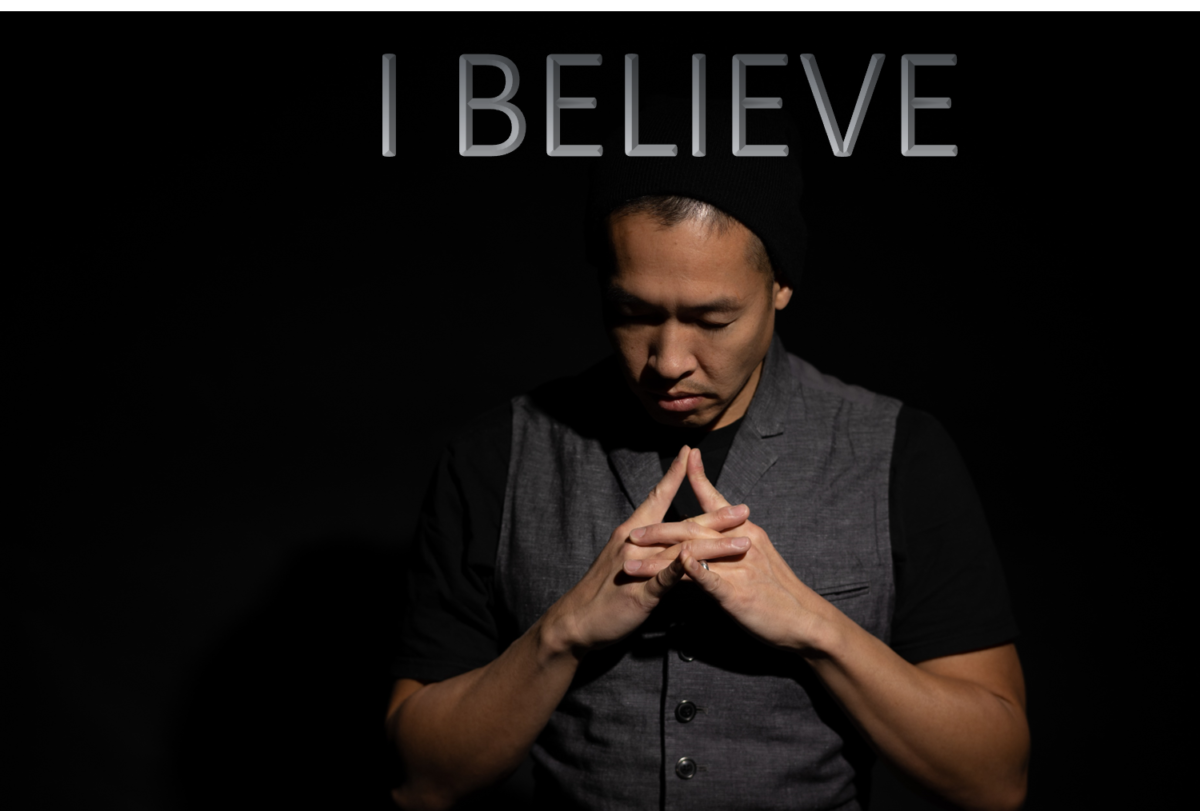In the humdrum of daily life, amid the surge of societal expectations, and the shadows cast by media portrayals, there is a profound power in the act of simply ‘being’. It’s an assertion of one’s authenticity against the torrent of external influences that constantly beckon us to morph, to adjust, to blend in. As succinctly stated, “Just being by itself is a strength. Congratulate yourself on that. For many, and everyone from time to time, being oneself is hard, and it’s a constant struggle and everyone is the same.”
In an age where mental health challenges, particularly depression, are prevalent, recognizing and valuing the act of maintaining one’s true self is crucial. It’s a testament to one’s resilience and strength.
1. The Challenge of Authenticity in a Conforming World
Dr. Brené Brown, a researcher and storyteller, delves deeply into the complexities of vulnerability and authenticity in her book, “The Gifts of Imperfection”. She argues that to be truly authentic, one has to be vulnerable. Yet vulnerability is often perceived as weakness in our society. To be oneself, to expose one’s true thoughts, feelings, and desires can open us to ridicule, judgment, or alienation. It’s a brave act, then, to stand firm in one’s identity amidst such threats.
2. The Homogenization of Identity Through Social Media
With the advent of social media, personal lives have become public performances. The ‘curated self’— a filtered, more socially acceptable version of oneself— is what is most often presented. In “Reclaiming Conversation: The Power of Talk in a Digital Age”, Sherry Turkle discusses the erosion of genuine human connection as we retreat behind screens and craft idealized online personas. The pressure to fit into a template can be immense, making the act of being authentic a genuine struggle.
3. The Strength Derived From Authenticity
Despite these challenges, there’s an underlying strength derived from authenticity. As Ralph Waldo Emerson once penned in his essay “Self-Reliance”, “To be yourself in a world that is constantly trying to make you something else is the greatest accomplishment.” Every time an individual resists the urge to conform or suppress their true feelings, they engage in an act of rebellion, a silent protest against the stifling norms of society.
4. The Mental Health Implications of Suppressed Identity
“Man is not what he thinks he is, he is what he hides,” wrote André Malraux, hinting at the psychological toll of suppressing one’s true identity. Research suggests that incongruence between one’s inner self and the self presented to the world can lead to heightened stress, anxiety, and depression. The consistent strain of maintaining a facade can be exhausting and emotionally draining.
5. The Universal Struggle for Authenticity
While the struggle to maintain one’s authenticity might seem a personal battle, it’s a universal experience. As highlighted, everyone, at some point or another, wrestles with societal expectations and personal desires. Reading Herman Hesse’s “Steppenwolf” gives us an insight into the inner turmoil of a man torn between his own duality and the demands of society.
6. Celebrating the Simple Act of Being
So, in a world rife with challenges to our identity, the simple act of ‘being’ becomes a profound achievement. Every day one remains true to themselves, they reaffirm their strength and resilience. This is not a call to eschew societal norms or live in complete isolation. Instead, it’s a plea to recognize and celebrate the small victories we achieve when we choose authenticity over conformity.
7. The Road Ahead
As more individuals awaken to the importance of mental well-being and the value of authenticity, there’s hope that societal perspectives will shift. By emphasizing the significance of simply ‘being’ and supporting each other in our quests for authenticity, society can become a more understanding, compassionate, and enriching place.
In conclusion, in a world where the act of ‘being’ is fraught with challenges, it’s important to recognize the strength inherent in authenticity. As we navigate the complexities of life, it’s essential to remember that there’s value in simply being true to oneself. And for that, every individual deserves recognition and commendation.

















